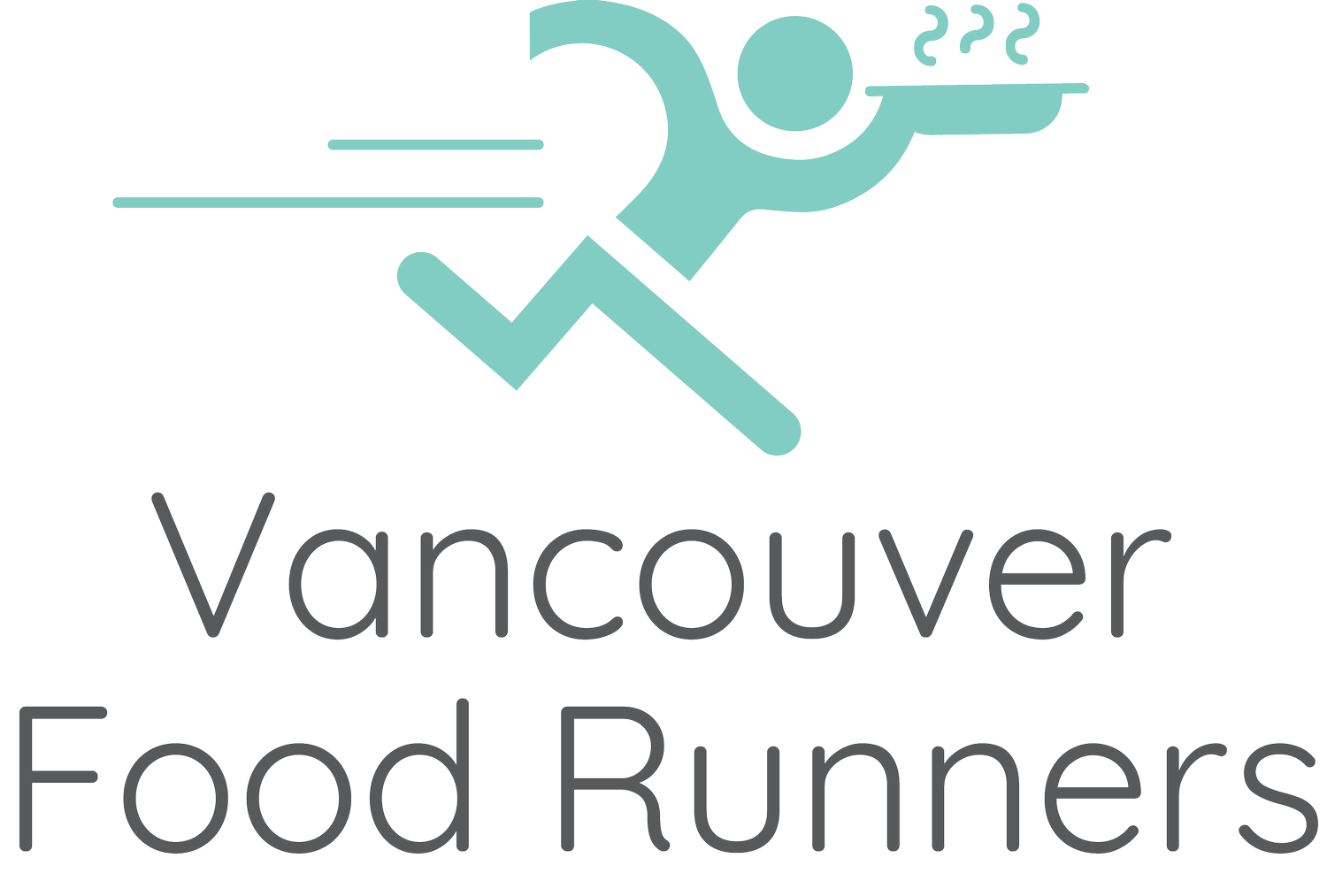Terry Fulton
VFR: Terry, tell us about yourself and your journey leading up to your current role as a Senior Project Engineer of Solid Waste Services at Metro Vancouver.
Terry Fulton: My first engineering role out of university was actually in contaminated sites investigation, but I agreed to help out with a waste audit that my firm's solid waste team was working on, and I was hooked!
Actually seeing and feeling (and smelling!) the crazy amount of waste our society produces inspired me to take action. I eventually joined my firm's solid waste team, and when the opportunity arose, took on a position with Metro Vancouver.
VFR: What do you find particularly interesting about working on the issue of solid waste?
TF: So many things! One in particular is how solid waste is a part of every person's life. Everyone creates waste and interacts with it in some way, and everyone has an opinion on it. If I mention I work in zero waste at any sort of family gathering, I am inundated by story's about people's experiences (which lately seem to be focused on paper straws).
VFR: Please provide a high-level overview of Metro Vancouver Solid Waste in terms of mandate, services, planning, and management of solid waste in the region.
TF: Metro Vancouver's solid waste services division operates a series of facilities that enable residents and businesses to reuse, recycle, and dispose of materials they no longer need. We also are responsible for planning for less waste in the region, which is where the solid waste management plan comes in.
VFR: What are some of the success and challenge areas for Metro Vancouver Solid Waste over the last decade?
TF: Organics collection was a huge step forward for our region. Metro Vancouver implemented an organics disposal ban in 2015, and efforts by residents since then to make sure organic material goes in their green bins has led to a significant reduction of organics in the garbage. The disposal ban has also helped to increase the amount of material that can be turned into marketable soil amendment.
The challenge now is to shift that focus to reducing organic waste before it even gets composted - i.e. preventing food waste wherever possible, and we appreciate the work Vancouver Food Runners is doing in that area!
VFR: You’re in the process of updating your Solid Waste Management Plan, and you’re in the “Idea Generation Phase”. Tell us about the update and this specific phase.
TF: The updated solid waste management plan will guide our actions for the next decade and beyond. This update is a unique opportunity to shape the programs and policies of the future. The Idea Generation phase is the chance for everyone to share their great ideas for what actions we can take to reduce waste and associated greenhouse gas emissions, and transition to a circular economy.
VFR: Why is collaborative engagement so important to this update process?
TF: It's so important that our plan is based on feedback from everyone in the region – not just those who participate in traditional webinars or fill out questionnaires. The collaborative engagement process allows us to hear from groups that might have previously been underrepresented.
It also enables us to gather input from more people in the ways that make the most sense to them. This approach helps us tap into networks that go beyond our own mailing lists and contacts. Thanks so much for being part of this process — you can also take the survey.
Learn more about the Solid Waste Management Plan Collaborative Engagement Initiative in the HERE
Be the first to read our E-newsletter
Subscribe to our bi-weekly newsletter that arrives to your email inbox every other Saturday!

